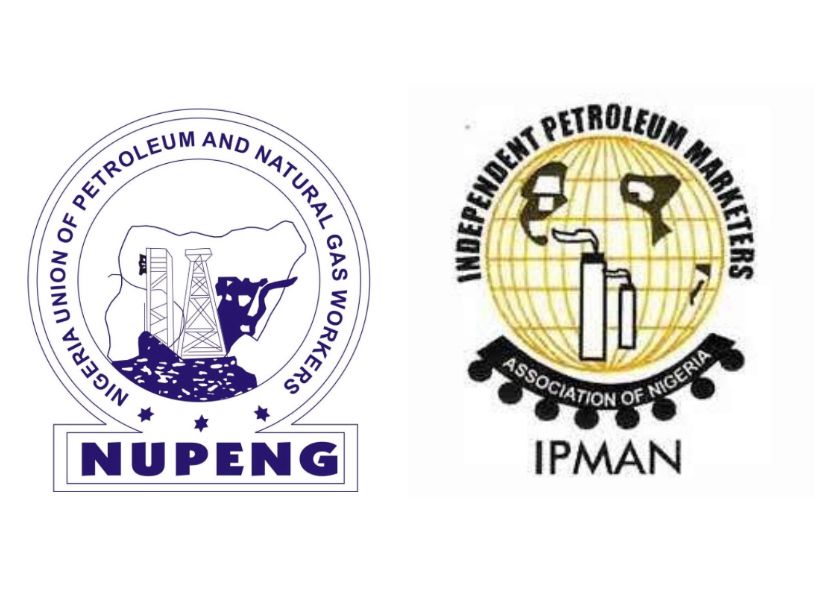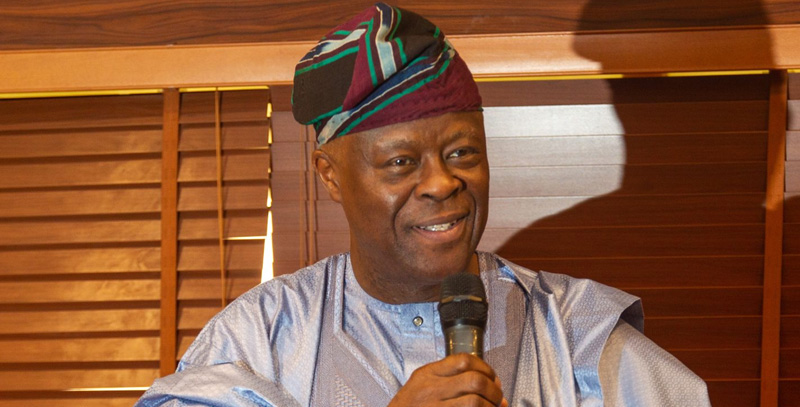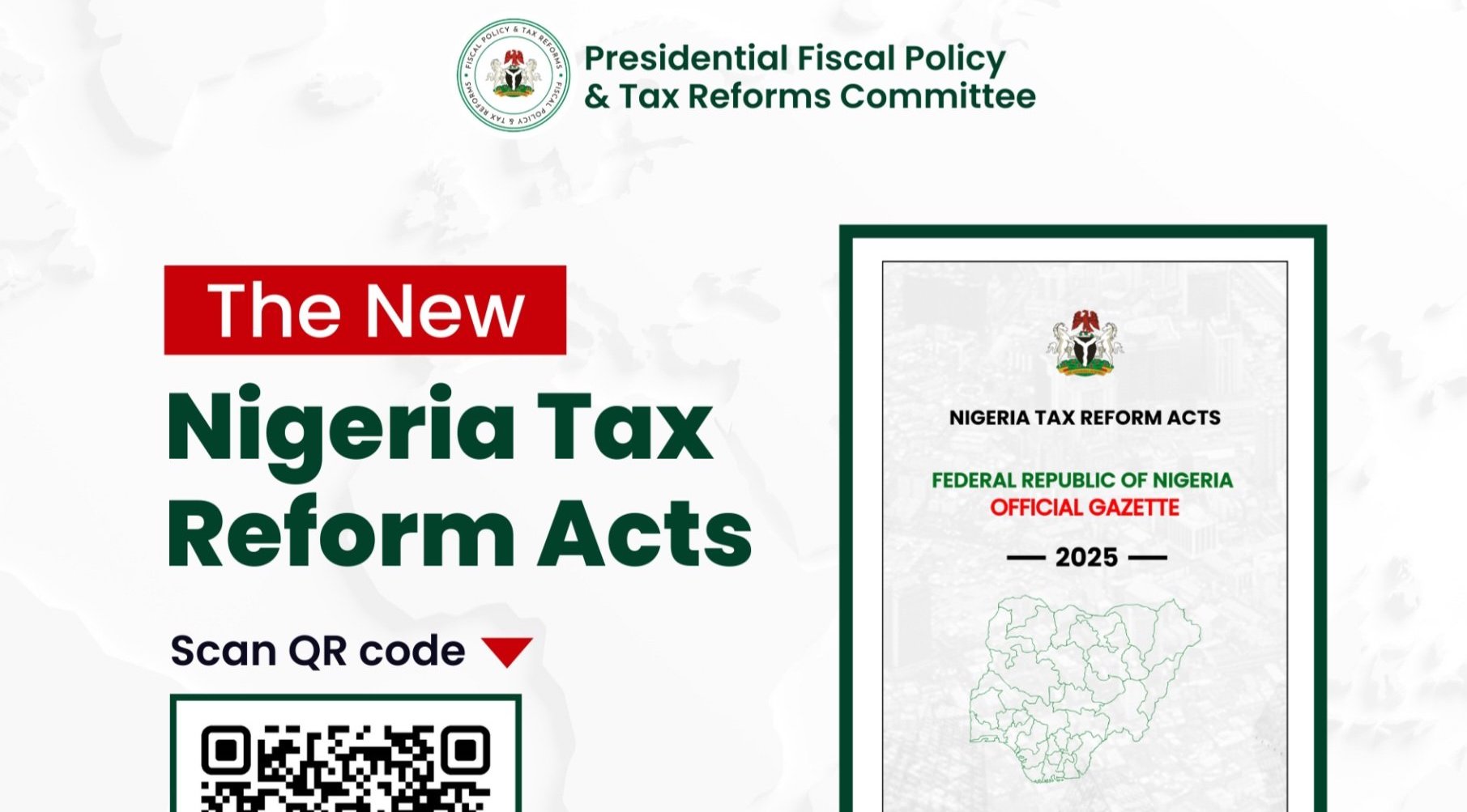Emmanuel Addeh in Abuja
In spite of what appears to be governments’ inattention to rail transportation sector, passengers using the few kilometres available grew by 52.88 per cent in Q1, 2024 compared to the same period in 2023.
In the period under reference, the volume of cargo also grew from 160,650 tons compared to 59,966 tons recorded in Q1 of the previous year, underscoring the huge market available for the largely untapped subsector.
Latest data from the National Bureau of Statistics (NBS) showed that in terms of revenue generation, N1.42 billion was received from passengers during the period, showing an increase of 84.91 per cent from the N768.44 million recorded in the same quarter of the previous year.
A nation of over 200 million people and 923,770km², Nigeria’s railway network serves only a small portion of the country, with a network of about 3,505km colonial narrow gauge and 669km modern standard gauge.
While a number of projects aimed at revamping and extending it, including the new rail corridor between Ibadan and Apapa port as well as the Abuja-Kaduna line (2016), the Abuja light rail network (2018) and the Itakpe-Warri line (2020), the effort looks more like a drop in the ocean, given the country’s huge population and potential patronage.
In 2023 the Muhammadu Buhari administration introduced a new law that enabled states to build railway lines, which was previously the preserve of the national government. But there is not much indication that the 36 states are taking advantage of the new law.
A Historian, Tokunbo Ayoola, who has a special interest in Nigeria’s railway history, in a recent paper, said that the return of rail transport was important, as it would bring many social, economic and cultural benefits.
“But efforts to revive the network won’t succeed unless four things happen. The government invests in existing lines and new ones, the railway corporation begins manufacturing some of its equipment and tools locally, the laws governing road transport are enforced to ensure there’s healthy competition in the sector, and foreign investors are encouraged to come in.
“These days the railway and its facilities have lost their pride of place in the country’s social, economic and cultural life. Their value and importance are now limited to a few parts of the country. The volume of freight transport by rail is increasing. But it is minuscule compared with the huge volume being carried by road and air transport,” he stated.
As to whether allowing states to build railway lines will revolutionise rail transport in Nigeria, he expressed the belief that it won’t, for three reasons.
“First, it will be difficult for many of the 36 state governments to finance and manage railway development. Second, unless states develop regional railways together, individual urban and light railway services will run at a loss. Third, foreign investors would only be interested if they could make profits,” he explained.
But the NBS data further showed that in the quarter under review, the Nigerian Railway Corporation (NRC) reported an additional volume of goods/cargo transported via pipeline, which stood at 8,000 tons.
“In Q1 2024, a total of 675,293 passengers travelled via rail system relative to 441,725 reported in the corresponding quarter of 2023, indicating a growth rate of 52.88 per cent. The volume of goods/cargo transported via rail in Q1, 2024 stood at 160,650 tons compared to 59,966 tons recorded in Q1 2023.
“In the quarter under review, the Nigerian Railway Corporation reported an additional volume of goods/cargo transported via pipeline which stood at 8,000 tons.
“In terms of revenue generation, N1.42 billion was received from passengers during the reference period, showing an increase of 84.91 per cent from the N768.44 million recorded in the same quarter of the previous year. Similarly, N607.32 million was collected from goods/ cargo conveyed via rail in Q1 2024, up by 235.03 per cent from N181.27 million received in Q1 2023.
“In addition, revenue generated from the movement of goods/cargo via pipeline stood at N59.14 million in Q1 2024. Other receipts amounted to N25.40 million, indicating a decline of 25.65 per cent in Q1 2024 from the N34.17 million received in Q1 2023,” the NBS stated.
Besides, expressing his view on the country’s rail system recently, the Chief Executive Officer of Bethlehem Rail Infrastructure Limited in London and Chairman of the Rail Work Group of the Nigerian Economic Summit Group (NESG), Rowland Ataguba, called for the unbundling of the rail transport system in the country, stressing that the nation must encourage competition and stop managing rail transportation with civil service mentality.
“Old habit, they say, dies hard. The industry has operated in a certain culture, and it is very much a civil service culture; it is not enterprising, and therefore, there are great difficulties in behaving like a typical commercial enterprise.
“But it is a business in competition with another mode of transportation, like the road, which is privately operated. It throws up the challenges of business culture and orientation that we need to overcome.
“In a nutshell, unbundling the NRC and bringing private operators to the centre stage is critical to tackling the challenges of poor management in the industry.
“Also, competition has a way of separating the boys from the men. The serious players know that their business is dependent on their safety. And of course, competition drives efficiency,” he argued.
During an unscheduled visit to Idu station in Abuja, the Minister of Transportation, Senator Sai’du Alkali, outlined various plans to revamp the railway services and address existing challenges.
He listed security, addressing the poor condition of train coaches as some issues in the sector, pointing out that rail transport remains the best means of transportation, both for passenger and cargo services.





